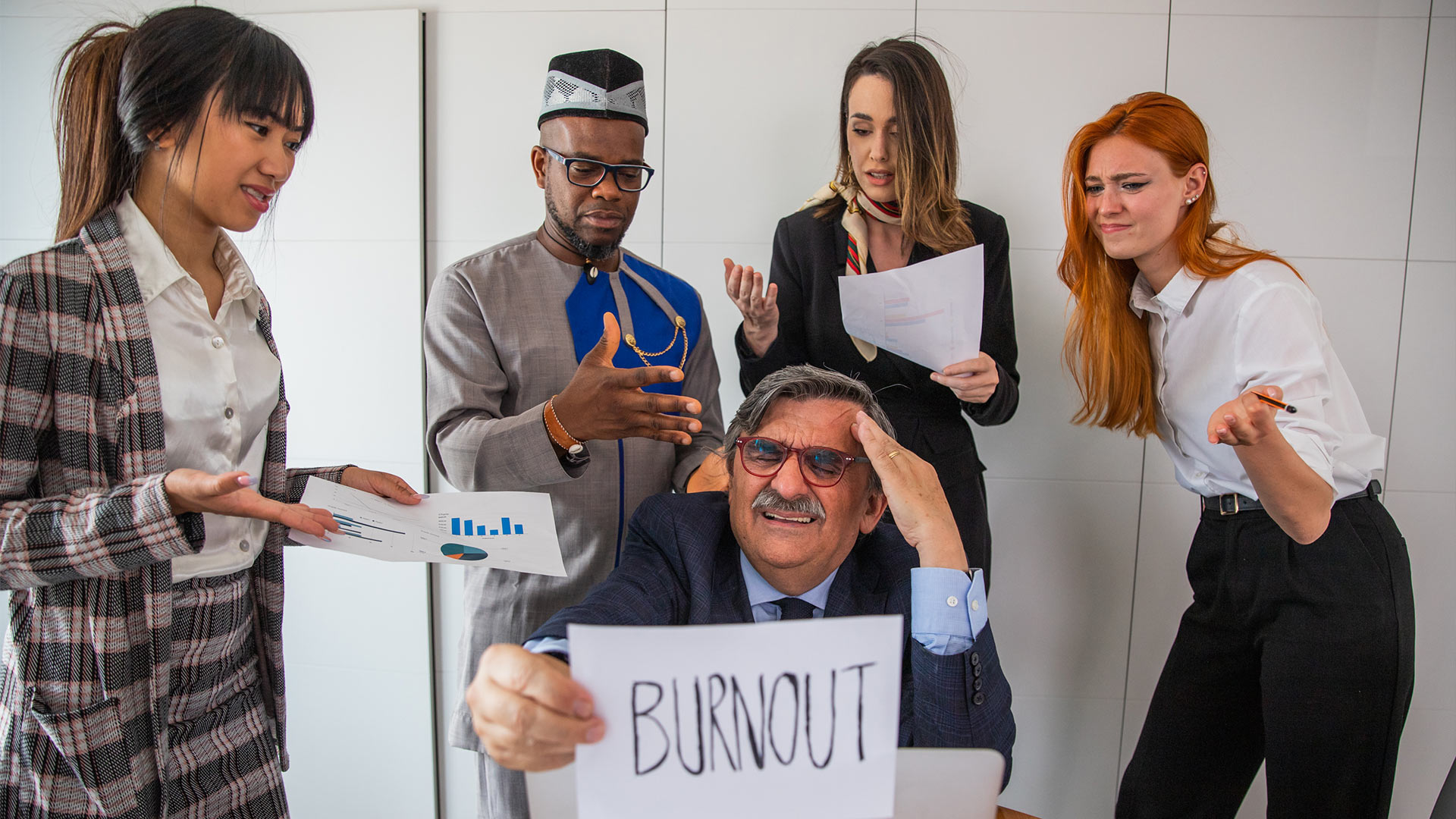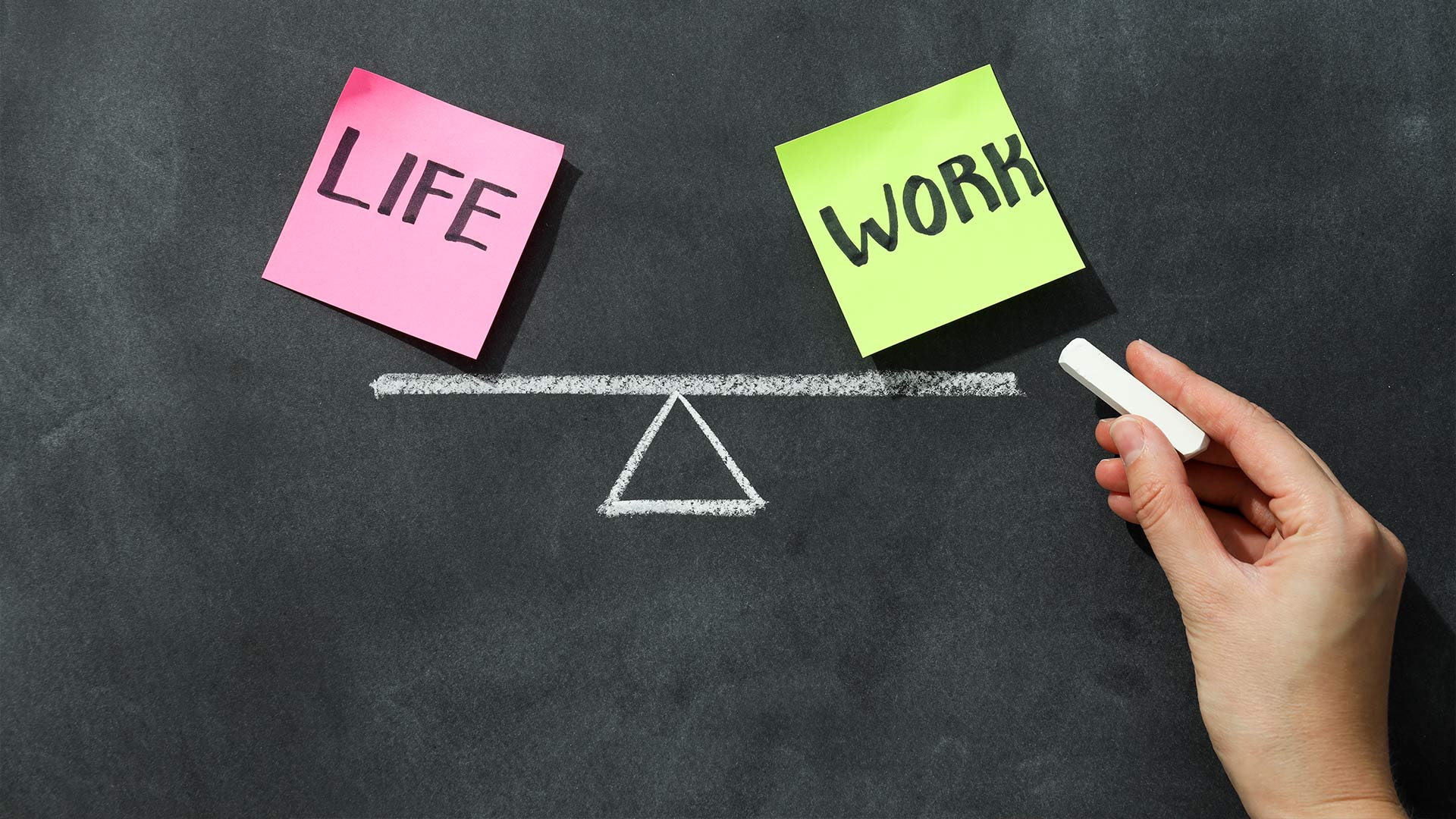The Difference Between “Tired” and “Burning Out”—And Why It Matters
Burnout recovery is absolutely possible—but the earlier you catch it, the easier it is to turn things around. The line between tired and burned out is thin, but it matters more than we often admit.

You slept okay. You’ve had your coffee. But you're still dragging yourself through the day. Are you just tired… or is this something deeper?
Here’s the deal: being tired is normal. Burnout is not. And knowing the difference could literally save your health, your job, and your sanity.
Let’s break down how to spot it—and what to do if what you’re feeling goes beyond needing a nap.
Tired: A Temporary State
Being tired is like your battery is low because you’ve been using it. It usually follows:
- A busy workday
- A late night
- A string of social plans
- A few intense meetings
You feel drained, sure—but after rest, you bounce back. A weekend recharge, a solid sleep, even a good meal and a walk can bring you back to normal.
Key signs you’re just tired:
- You still enjoy your work (just… not today)
- You look forward to weekends or vacations
- You feel better after sleep or rest
- You’re still yourself, just low-energy
Burnout: When Rest Stops Working
Burnout isn’t just tiredness—it’s exhaustion with a side of hopelessness. You don’t just feel drained. You feel detached, irritable, maybe even numb.
It doesn’t go away with a good night’s sleep. And it builds slowly over time, especially if you keep pushing through.
Signs you’re dealing with burnout:
- You dread work every day, not just Mondays
- You’re constantly cynical or negative
- You don’t feel accomplished—no matter how much you do
- You feel emotionally flat or detached from people and tasks
- You stop caring, even about things that used to matter
And the scariest part? You might not notice until you're deep in it. Burnout can sneak in while you’re “just tired” for weeks or months.
Why This Distinction Matters So Much
If you're just tired and treat it like burnout, you might overreact—quit a job you actually like, cancel plans that bring you joy, or isolate unnecessarily.
But if you're burned out and treat it like regular tiredness? You keep pushing through. And that’s when things break—your health, your performance, your relationships.
Think of it like a warning light. Tired = low fuel. Burnout = engine overheating. Different fixes, different urgency.
The “Bounce-Back Test”
Here’s a quick self-check: Do you feel like yourself again after a real rest?
- If yes → tired. You’re human. Take breaks.
- If no → burnout is likely creeping in. And it’s time to intervene.
What to Do If You’re Just Tired
- Sleep. Really. Prioritize it like a deadline.
- Move your body—gently. A short walk helps reset your energy.
- Eat food that fuels you. Not just snacks grabbed between meetings.
- Say no to optional extras for a day or two.
- Laugh, cry, vent—let the emotions move.
Give yourself permission to be human. Tired is temporary when treated well.
What to Do If It’s Burnout
Burnout needs more than a nap. It needs change. You might need:
- A real conversation with your manager about workload
- Boundaries around after-hours communication
- A vacation that isn’t just errands or couch time
- A therapist or coach to talk through the bigger stuff
- A serious look at whether your role, team, or industry still aligns with your values
Burnout is your brain and body waving a giant red flag: Something needs to change. Listen.
Don’t Gaslight Yourself
One of the worst things burnout does is make you question your own perception. You might tell yourself:
- “I should be able to handle this.”
- “Everyone else is fine—why am I struggling?”
- “I’m just being dramatic.”
Nope. You’re not weak. You’re not lazy. You’re reacting to a system that’s demanding too much, too often, with too little support.
Burnout isn’t a personal failure. It’s a signal. Respect it.
Ask Yourself This Right Now
- When was the last time I felt genuinely excited about something?
- Do I feel like myself lately?
- What do I need that I keep postponing?
If those questions hit a nerve—it might be time to shift from managing tiredness to healing burnout.
Don’t Wait Until You Break
Burnout recovery is absolutely possible—but the earlier you catch it, the easier it is to turn things around. The line between tired and burned out is thin, but it matters more than we often admit.
Check in with yourself regularly. Your future self will thank you.


